Liver disease is a general term used to cover multiple types of diseases that affect the liver and its functions in the body. These diseases include cirrhosis, cancer, infectious hepatitis, and blood flow abnormalities, to name a few.
The liver has a role in many important bodily functions, including iron storage for red blood cell production, bile production, and generally digesting food and getting rid of toxins. Liver disease can affect these functions negatively and eventually lead to serious outcomes if untreated.
Liver disease can be caused by a variety of things, come of which are controllable and others which aren’t. Luckily, though, there’s a lot you can do to reduce your risk. Let’s take a look at some key factors you can manage to lower your risk for liver disease.
Exposure to toxins
A healthy liver helps filter out toxins from the blood. However, when too many toxins are present over time, the liver can become damaged. Chemicals found in household products, pesticides, and the like can cause liver damage over time if ingested. Always read warning labels for any chemicals you use to make sure you are employing proper safety measures and practices. Wash your fruits and vegetables before consumption too. In fact, go for clean produce and fruit when you can- pesticide-free food is the best way to ensure you aren’t overexposed to toxins when you eat.
Alcohol consumption
Liver injury can occur due to alcohol abuse. When you drink too much over a long period of time, this starts to cause fat accumulation in your liver and can eventually lead to more damage. There are also other coinciding factors that can increase risk, like smoking.
One key way to lower your risk of liver disease due to alcohol consumption is to decrease use. Abstaining from alcohol is incredibly effective in lessening damage, and in earlier stages of fatty accumulations in the liver may even reverse some damage. Even just reducing your amount of consumption to a healthier level is significant. For reference, moderate drinking is defined as up to 1 drink per day for women and up to 2 drinks per day for men. Heavy drinking is defined as 8 or more drinks per week for women and 15 or more drinks per week for men.
Infection
Liver disease can also develop as a result of infection, which can occur from viruses or parasites. Viruses causing liver damage may be spread through close contact with an infected person, their blood or semen, or contaminated food and water. It’s important to take precautions to avoid virus exposure, including using protection during sex, avoiding needle sharing if you use drugs, and ensuring clean equipment is used on any tatooing equipment you come in contact with.
Obesity, Diabetes, and High Cholesterol
Obesity, Diabetes, and High Cholesterol can lead to fatty accumulations in the liver. This can turn into nonalcoholic fatty liver disease, which like other types of liver disease, can become more severe over time. Fortunately, liver health can be improved by cutting simple carbohydrates and adding in more healthy fruits, vegetables, and proteins to your diet.
Our experienced team at GHP has years of experience helping patients manage and treat liver disease. We can help you establish the best plan of care for your situation. Contact any of our office locations to learn about the options we offer and schedule an appointment today.



